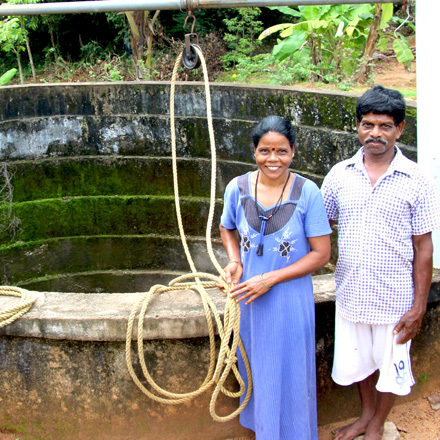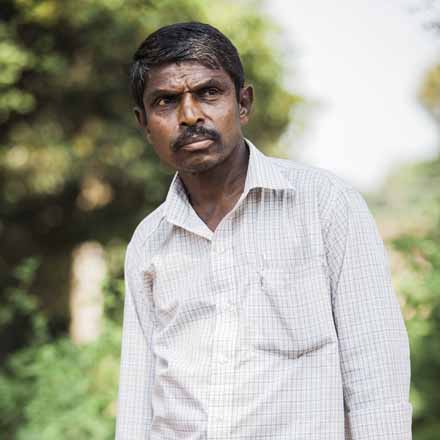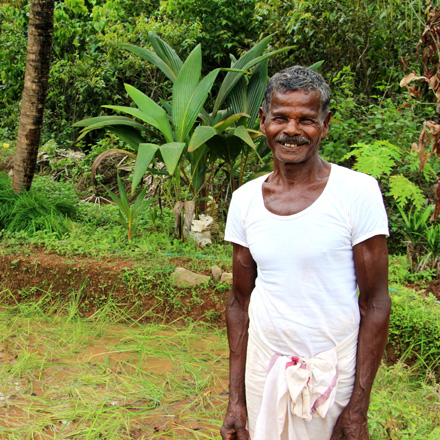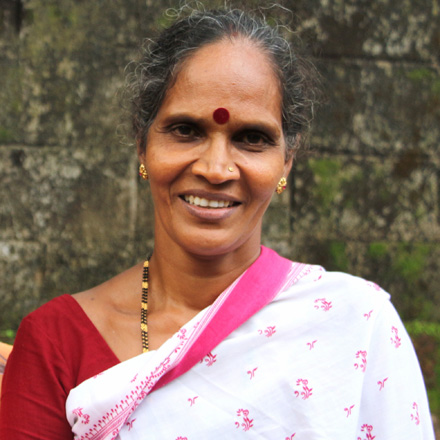The Koraga tribal community suffered centuries of oppression under India’s historic caste system. While caste‐based discrimination is technically illegal today, many of the practices and prejudices remain. These include ‘Ajalu’, where Koragas are made to eat leftover food from upper caste households mixed with hair, fingernails and other inedible substances.
ActionAid India, with the Koraga Federation and Samagra Grameena Ashram (SGA), works with the Koraga people and nine other tribal communities in Karnataka state to break the cycle of caste‐based oppression through social and economic empowerment. The main focus of the project is to support indigenous communities in accessing government schemes to which they are entitled.
Under the initiative, thousands of acres of land have been secured for tribal communities and 19,000 people have accessed grants to build homes. This has acted as a foundation for them to rebuild their lives. Enhanced access to state‐sponsored nutrition programmes have improved food security and health among the Koraga community. More children attend school and have access to scholarships, while Koraga women hold leadership positions within the community and more than 1,000 have been supported to become self‐sufficient. Through its community‐led approach, the project empowers the marginalised tribal groups to resist oppressive practices like Ajalu and access their basic human rights, restoring their dignity and transforming their lives for generations to come.






























